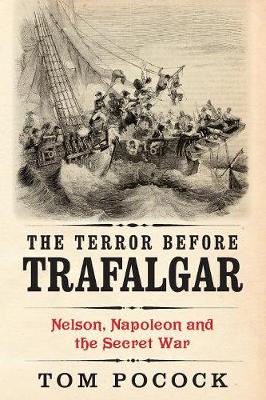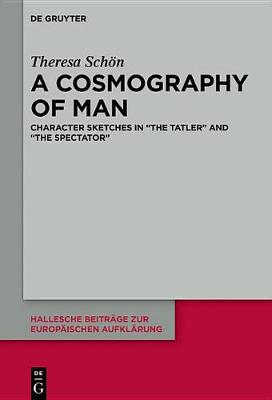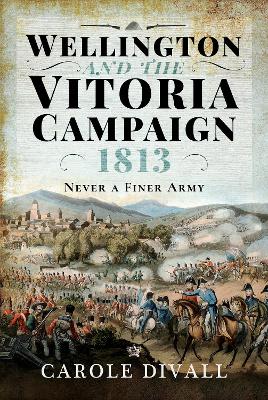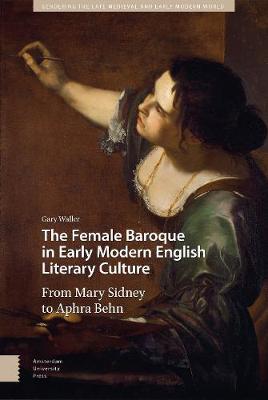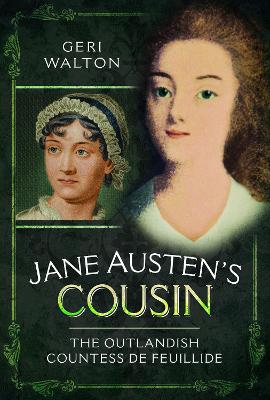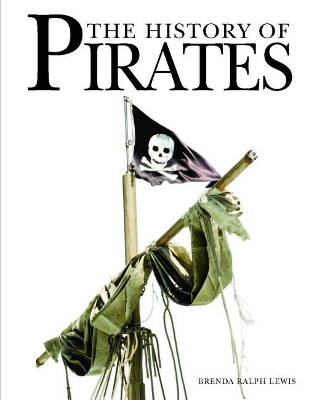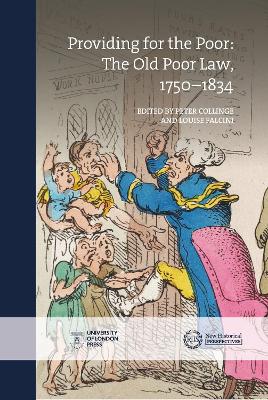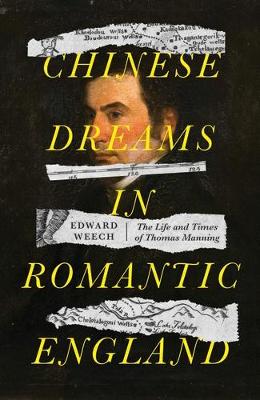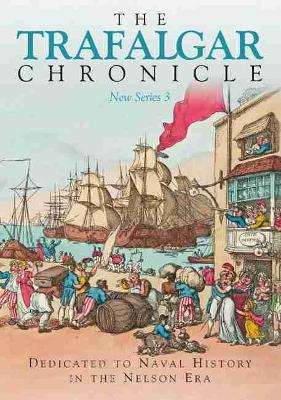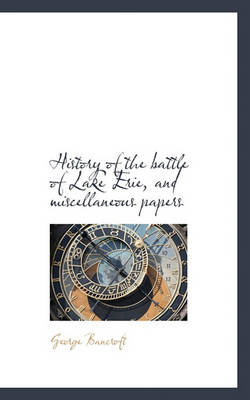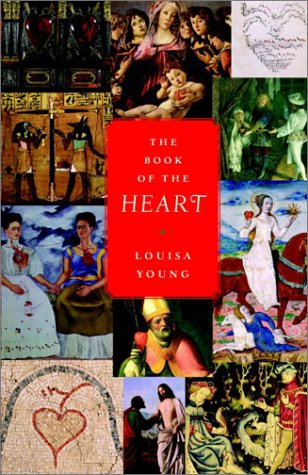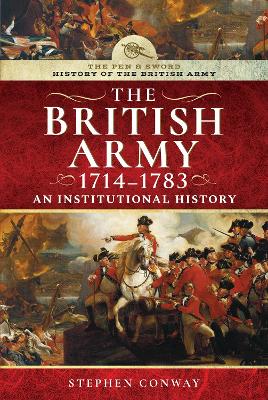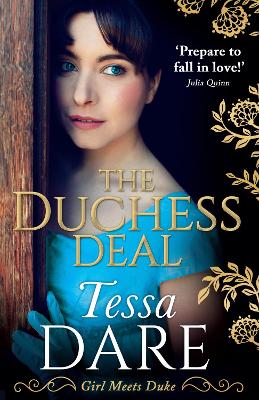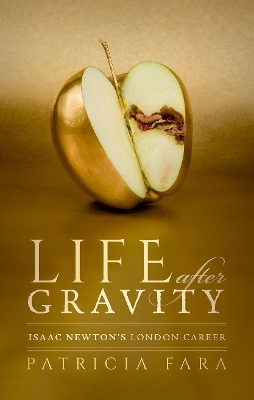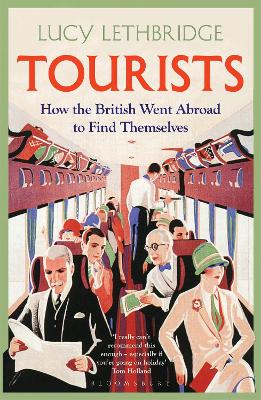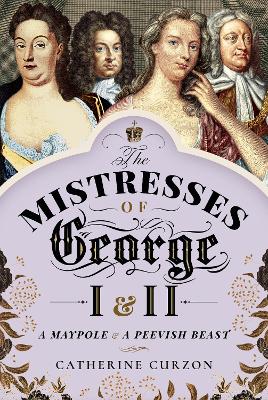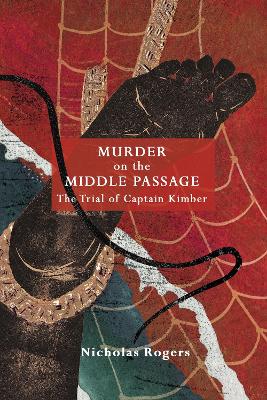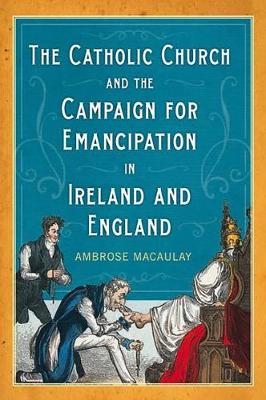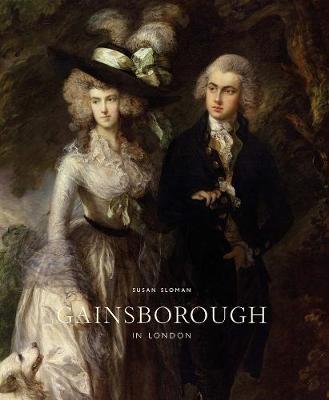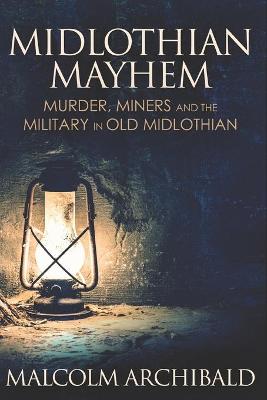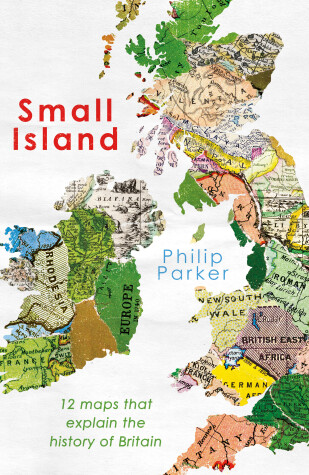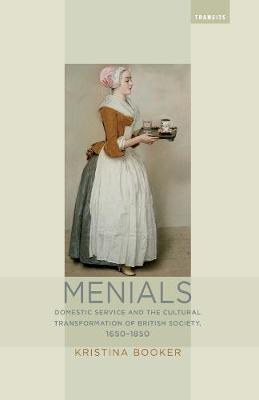Nelson's victory at Trafalgar on 21 October 1805 was a pivotal event in European history. But Trafalgar was not simply an isolated battle fought and won in an afternoon - the naval campaign had in fact begun more than four years before. This extraordinary period, following Napoleon's threat to invade England in 1801, came to be known as The Great Terror, and Britain was on the alert. As the Grande Armee faced a Dad's army of English volunteers across the Channel, a secret war of espionage and su...
A Cosmography of Man (Hallesche Beitrage Zur Europaischen Aufklarung, #61)
by Theresa Schoen
Designed to reform contemporary British society, Joseph Addison and Richard Steele's The Tatler (1709-1711) and The Spectator (1711-1712, 1714) rely heavily on the representation of contemporary manners. In shaping such behavioural images, the authors made use of the satirical character sketch. Their character sketches (re)create social interactions between fictionalised representatives of moral types of men and women located in contemporary London. This study examines how Addison and Steele emp...
Over two hundred years ago, on 21 June 1813, just southwest of Vitoria in northern Spain, the British, Portuguese and Spanish army commanded by the Duke of Wellington confronted the French army of Napoleon's brother Joseph. Hours later Wellington's forces won an overwhelming victory and, after six years of bitter occupation, the French were ousted from Iberia. This is the critical battle that Carole Divall focuses on in this vivid, scholarly study of the last phase of the Peninsular War. The ba...
The Female Baroque in Early Modern English Literary Culture is a contribution to the revival of early modern women's writings and cultural production in English that began in the 1980s. Its originality is twofold: it links women's writing in English with the wider context of Baroque culture, and it introduces the issue of gender into discussion of the Baroque. The title comes from Julia Kristeva's study of Teresa of Avila, that 'the secrets of Baroque civilization are female'. The book is built...
Eliza de Feuillide seemed fascinating and outlandish to her cousins in rural eighteen century England. When she visited their village, her appearance was electrifying. She was an attractive, accomplished French countess with a vivacious personality who inspired their imaginations and regaled them with stories of life in London and Paris where she hobnobbed with French nobility and wore the latest fashions. One of these impressionable younger cousins would find Eliza's stories so fascinating that...
This wide-ranging book looks at the reality of how pirates lived and operated, from the ancient world right up to the pirates of today's cargo ships or luxury yachts in the Indian Ocean and the South China Sea. The History of Pirates also examines the actions and pirate ethics of less famous pirates and their eras, such as the Japanese pirates of the 13th-16th centuries and Zheng Yi and his wife's pirate alliance in 19th century China. With features on particular pirates such as Blackbeard and...
A brilliant polymath and part of the 'first wave' of British Romanticism, Thomas Manning was one of the first Englishmen to study Chinese language and culture. Like famous friends including Samuel Taylor Coleridge and Charles Lamb, Manning was inspired by the French Revolution and had ambitious plans for making a better world. While his contemporaries turned to the poetic imagination and the English countryside, Manning looked further afield - to China, one of the world's most ancient and sophi...
The Trafalgar Chronicle, the yearbook of The 1805 Club, has established itself as a prime source of information and the publication of choice for new research about the Georgian navy, sometimes also loosely called Nelson's navy. This year's edition points its spotlight on women at sea and reveals many fascinating stories. Women have for various reasons left a light footprint in the sands of history, and historians have unfairly overlooked women and their importance in the tide of events. To red...
Inspired by Voltaire's two-year stay in England (1726-8), this volume is one of the key works of the Enlightenment. Exactly contemporary with "Gulliver's Travels" and "The Beggar's Opera", Voltaire's controversial pronouncements on politics, philosophy, religion and literature have placed the "Letters" among the great Augustan satires. Voltaire wrote most of the book in English, in which he was fluent and witty, and it fast became a bestseller in Britain. He re-wrote it in French as the "Lettres...
History of the Battle of Lake Erie, and Miscellaneous Papers
by George Bancroft
This book presents a cultural and emotional history of the heart. The book is divided into four parts (like the heart): The Physical Heart; The Religious Heart; The Heart in Art; and The Written Heart. The first part covers, amongst other things, anatomy and the history of ideas about how the heart works; weaknesses of the heart and disease; surgery and transplants; and other animals hearts - the heart as the seat of life. The second has the Bleeding Heart of Christ; pagan sacrifice; saints attr...
History of the British Army, 1714-1783 (History of the British Army)
by Stephen Conway
Much has been written about the British army's campaigns during the many wars it fought in the eighteenth century, but for over 150 years no one has attempted to produce a history of the army as an institution during this period. That is why Stephen Conway's perceptive and detailed study is so timely and important. Taking into account the latest scholarship, he considers the army's legal status, political control and administration, its system of recruitment, the relationships between officers a...
'Prepare to Fall in Love'Julia Quinn, author of Bridgerton 'Love her writing.' Jodi Picoult on The Governess Game 'I absolutely loved it; her style is so warm and funny.' Nicola Cornick 'I am a Duke. I'm not asking you to marry me. I am offering to marry you. It's a different thing entirely.' When the Duke of Ashbury returns from war scarred, he realises he needs an heir - which means he needs a wife! When Emma Gladstone, a vicar's daughter turned seamstre...
The story of Isaac Newton's decades in London - as ambitious cosmopolitan gentleman, President of London's Royal Society, Master of the Mint, and investor in the slave trade. Isaac Newton is celebrated throughout the world as a great scientific genius who conceived the theory of gravity. But in his early fifties, he abandoned his life as a reclusive university scholar to spend three decades in London, a long period of metropolitan activity that is often overlooked. Enmeshed in Enlightenment pol...
When George I arrived in England he found a kingdom in turmoil. Mistrustful of the new monarch from Hanover, his subjects met his coronation with riots. At George's side was his mistress, Melusine von der Schulenberg, whilst his ex-wife languished in prison. Known as _the Maypole_ thanks to her eye-catching figure, Melusine was the king's confidante for decades. She was a mother to his children and a queen without a crown. George II never forgave his father for tearing him from his mother's arm...
On 2 April 1792, John Kimber, captain of the Bristol slave ship Recovery, was denounced in the House of Commons by William Wilberforce for flogging a fifteen-year-old African girl to death. The story, caricatured in a contemporary Isaac Cruikshank print, raced across newspapers in Britain and Ireland and was even reported in America. Soon after, Kimber was indicted for murder - but in a trial lasting just under five hours, he was found not guilty. This book is a micro-history of this importan...
The Catholic Church and the Campaign for Emancipation in Ireland and England
by Ambrose Macaulay
A fuller, richer picture of an artist at the height of his powers Thomas Gainsborough's (1727-88) London years, from 1774 to 1788, were the pinnacle and conclusion of his career. They coincided with the establishment of the Royal Academy, of which Gainsborough was a founding member, and the city's ascendance as a center for the arts. This is a meticulously researched and readable account of how Gainsborough designed his home and studio and maintained a growing schedule of influential patrons,...
The greatest questions of our future can be answered by twelve crucial moments in Britain's history.It wasn't long-ago that Britons could have been as at home in Varanasi as they could have been in Wolverhampton - why? - because the shape and location of Britain's land-mass has not always been the same, and with large parts of Britain scattered across the globe, British borders and its identity has always been on the move.But, by knowing more about the twelve pivotal moments that occurred over a...
Menials (Transits: Literature, Thought & Culture, 1650-1850)
by Kristina Booker
Menials argues that British writers of the long-eighteenth century projected their era's economic and social anxieties onto domestic servants. Confronting the emergence of controversial principles like self-interest, emulation, and luxury, writers from Eliza Haywood, Daniel Defoe, and Samuel Richardson to Mary Shelley, Charles Dickens, and William Thackeray used literary servants to critique what they saw as problematic economic and social practices. A cultural history of economic ideology as w...
